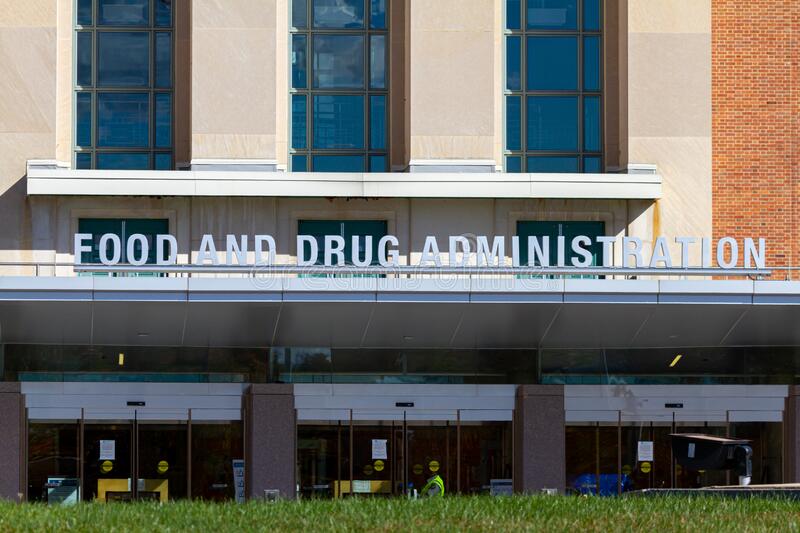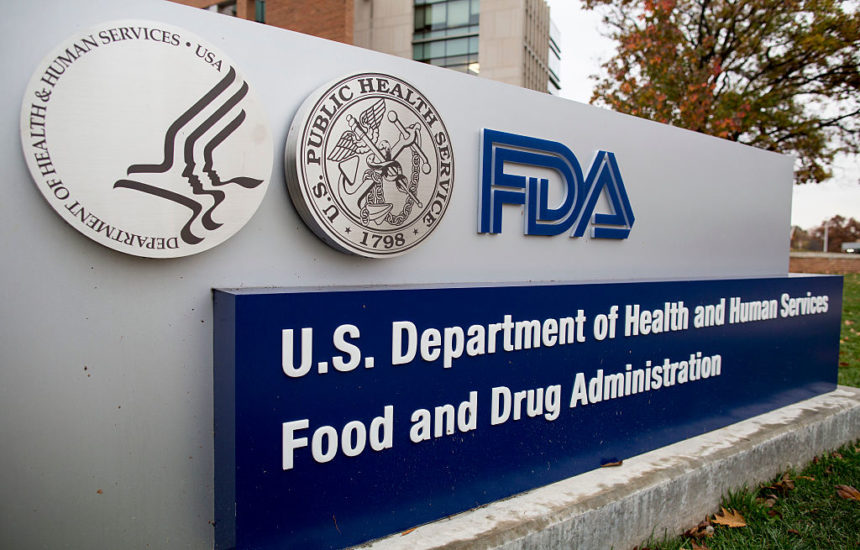Today, James Zuko, an observer of the regulatory process in Washington DC with particular experience in drug development and FDA compliance, comments on the growing rumor that the FDA will soon issue a guidance that treats CBD as a drug, not as a food supplement.
I am biased. I am talking about the federal powers, of course. If you go to a law school, one of the first things they teach you is Marbury v. Madison. In that decision, the supreme court gave itself the power of judicial review; the power to strike down any law, if it is deemed unconstitutional. Before Marbury, that power existed on paper, but never exercised. Why? Because, since the only sovereign entity of the United States is the people, the laws passed by the legislature were accepted as valid, and the court voluntarily limited its power to the interpretation of the laws passed by the representatives of people. Marbury changed all that and expanded the power of the court to declare any laws invalid in view of the supreme court’s own interpretation of the constitution. Marbury also gave the court power to review the actions of the executive branch (some, but not all actions) and do the same. People say humans have endless thirst for power. On the day I was acquainted with Marbury, seeing my professor toting Marbury for its brilliance, I had to question my choice of joining the legal profession. I don’t know about you, but I have a problem when someone says that he can refuse to do A based on B, and he is the only one who can interpret what B means.
What does Marbury, which was decided almost 200 years ago, have anything to do with cannabis laws? Perhaps nothing or something of a context on what I am about to tell you. You see, I am biased because I believe that all federal agencies want to increase their powers. As if they are living creatures modeled after humans, they all want to get big. They want to have bigger budgets, more influence, and be more important in the minds of the public. They strive to widen their jurisdictions because it would give them powers to intervene and decide on more things. Did you know that U.S. National Park Police have concurrent jurisdiction with state/local police outside of the parklands? Park police can arrest you for speeding on highways. On CBD, I am biased to think that the relevant agency whose desire to expand power over it is the U.S. Food and Drug Administration, not the Drug Enforcement Administration.

Let’s go back to the time when Colorado legalized recreational use of cannabis. The FDA’s position on CBD was – the way I understood it – that if anyone could provide documented evidence to the FDA that CBD had been used safely, the FDA would have no reason to object its continued use as supplement. In FDA’s view, everything we swallow is either a medicine or a supplement or food. Before the country was brimming with the discussion of legalizing the use of THC and CBD, FDA had no position as to which basket CBD would belong to: it could be medicine, supplement, or food. Then in 2013, a company filed an investigational new drug (IND) application for CBD. An IND is an application for a drug approval. Upon this filing, two things happened. First, citing this filing, the FDA said that the agency must classify CBD as a drug, presumably because a member of the public, i.e., a company, treated it as a drug, and therefore, whatever had been classified as a drug could not be supplement or food. Second, FDA also said, “FDA is not aware of CBD being marketed as a dietary supplement or a food before that authorization, or any evidence that would call into question its current conclusion.” Interpretation: if anyone would want to challenge the FDA’s classification of CBD as a drug, please send us documented use of CBD as supplement or food so that FDA could re-classify them depending on the particular, non-medicinal use of it.
Fast forward to present time, the United States has CBD as an approved drug for epilepsy, placing CBD is firmly in the drug category. CBDs sold as supplement are illegal, as far as the FDA is concerned. Going after the entities selling CBD as supplement is a separate matter, though. During the Obama presidency, the administration released what was called the Ogden memorandum, which formally suggested that the Administration would not prosecute individuals who use medicinal marijuana in a manner consistent with state laws. But things are changing. The FDA is in the process of publishing a guidance document on CBD. An FDA guidance document is supposedly a non-binding recommendation, but everyone in the industry knows it is, or will be, nothing short of the rules that must be followed. Once the guidance document is issued, FDA will be more empowered to send out FDA warning letters to any entity selling CBD as a supplement. If the past is prologue, FDA will assert its power over CBD, regulating it as a drug for all intentions and purposes. One possible outcome of this is a change of course for CBD companies: fall in line, file an IND, and develop their CBD products as a drug for a specific indication. Drug development, in general, is a very expensive process. Some, perhaps most, of the supplement sellers would not be able to do it alone. More mergers are an inevitable result, if those supplement formulators and sellers want to continue in the CBD business. Just as with other regulatory agencies, FDA welcomes industry consolidation, since a smaller number of companies to regulate means less “amateurs” to deal with.
I don’t doubt the FDA’s wisdom on deciding to regulate CBD as a drug. One immediate consequence however will be to push its price much higher than regulating it as a supplement. I’d like to believe that they weighed other pros and cons. For example, regulating CBD as a drug would ensure the quality of the CBD products in the market, since regulatory standards applied on drugs are much higher than those for supplement or food. Despite the benefits of the FDA’s chosen path of regulation to the public, I am noticing the FDA grabbing even more power by regulating a plant-derived compound that has been used safely, according to some articles, for thousands of years. After all, I am biased.
